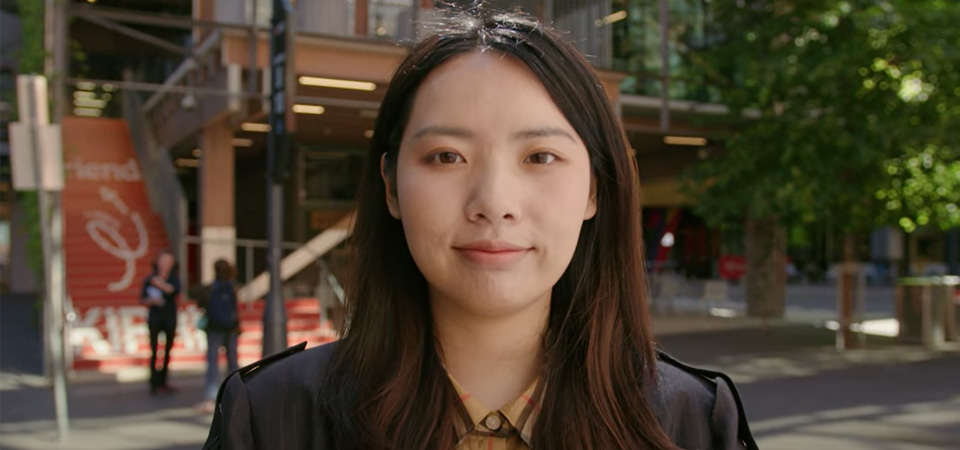Property
Gain the real-world edge by learning alongside industry in property development, valuation, investment and management at the #2 university in Australia for Built Environment studies*.
Law
Through RMIT’s courses in justice and criminology, policy and legal practice, you’ll gain the legal experience to shape what’s next in technology-led law.
Information technology
From computer science to software engineering, RMIT’s IT courses in Melbourne will help you gain the knowledge to solve, support, analyse, troubleshoot and design everything from websites to programming networks.














